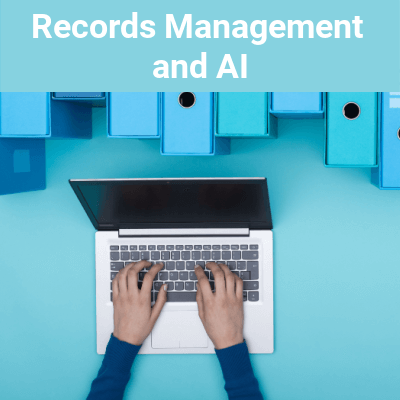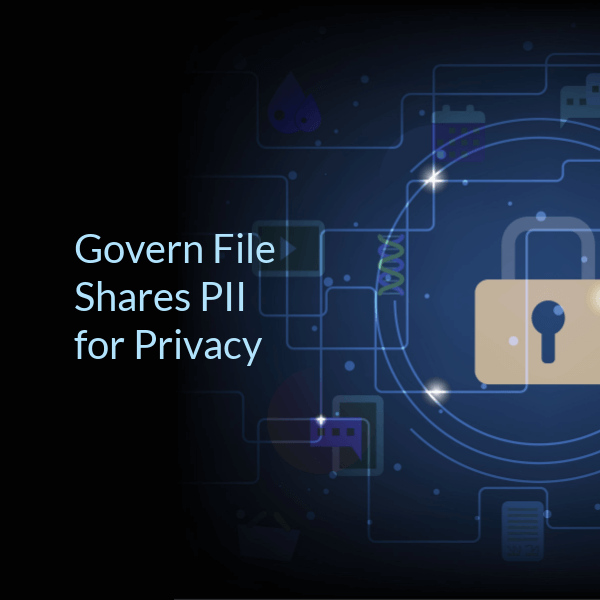As far as IG-related conferences go, I’ve always liked MER.
I think most would agree the practice of governing information can seem dry at times, and MER's understanding of the discipline as highly cerebral and impactful is refreshing. As its name, "Managing Electronic Records," might suggest, the various themes tend to be forward-thinking and holistic in nature, and the conversations tend to be more imaginative.
It also doesn’t hurt that the conference is based in Chicago, home of the sacred space that is Giordano’s Pizza (respectfully, Mr. Malnati).
Yes, though I’ve always liked the conference, this year was unique.
Here’s Why
Whereas in years past there had always been exciting viewpoints brought forth, they had, in my opinion, traditionally played a secondary role. As opposed to being the main focus, they were something to keep people perked up in between some of the denser, albeit very helpful, sessions.
It was very much a…
"Let’s talk about advances in machine learning and how it will impact records classification, because I don’t think these good people can take another hour and fifteen minutes on the subtleties of global retention policy.’
Or…
"Let’s talk about data security in the context of RIM, not because security and RIM stakeholders are actually collaborating, but because they really should be.’
That’s not a knock. The fact is in years past there wasn’t much around the practical application of these higher-flying or well-meaning approaches.
MER Today
But now it seems we may be moving closer towards practical application. Topics like machine learning and analytics no longer took a back seat, as unprecedented data growth and stricter regulations around information management are effectively forcing organizations and vendors alike to push boundaries.
This year I met some from the security side who’ve recently begun to work closely with their RIM group to understand how to look at information protection from a governance standpoint. I met a few across data privacy, risk, storage, and information architecture who reported plans to overhaul the current organizational philosophy around governance, and were genuinely interested in understanding the space.
This all may signal the beginning of a seismic shift due to the concession that the status quo of treating information management as a single departmental function is no longer cutting it.
It seems there is more of an understanding that all of these different functions—RIM, eDiscovery, security, privacy, risk, compliance—are really different notes of a single organizational anthem, which is control. I’m glad MER is the forum to support this shift.
RIM Tomorrow
I believe the convergence will lead to more collaborative initiatives and therefore more creative, sustainable outcomes. And with that, information governance ought to get very interesting.
I’ll leave you with this thought from Alan W. Watts that someone at MER wisely passed to me:
“The future is a concept—it doesn’t exist. There is no such thing as tomorrow. There never will be because time is always now. That’s one of the things we discover when we stop talking to ourselves and stop thinking. We find there is only present, only an eternal now.”



